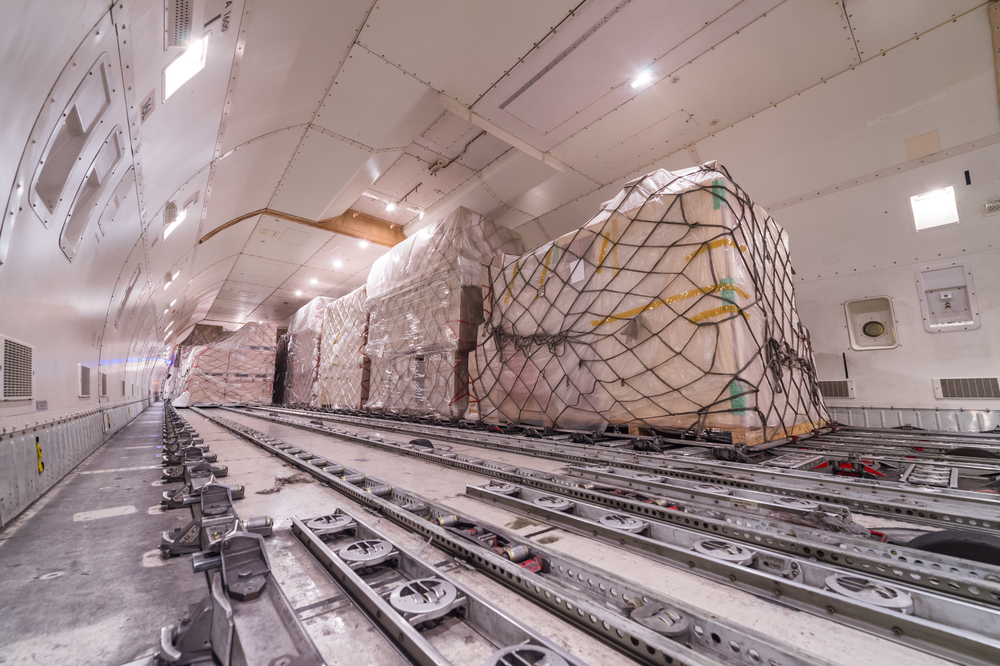Putzger perspective: e-freighters anyone?
06 / 02 / 2023

Credit: tratong/ Shutterstock
E-freighters offer an attractive cargo solution, but they come as freighter demand has slowed down, writes Ian Putzger.
In the Superman comic strips, reporter Clark Kent would rapidly transform himself into the superhero to perform his stunning feat to avert a massive disaster and then morph back into the bespectacled journalist. Can an A330-300 perform the same stunt?
Executives at Avensis Aviation and Vallair think so. They have been pursuing the E-class freighter concept of A330s with minimal conversion from the passenger version.
Essentially these conversions remove the passenger infrastructure from the maindeck of a passenger plane – just like the cabin freighters fielded during the pandemic.
This makes for a quicker conversion process – no need to reinforce the floor or cut a cargo door – and allows the aircraft to revert to passenger service at a later date if required.
Cabin freighters have disappeared from the market as passenger demand began to ramp up again, but the E-class freighter concept has remained in contention, notably with Eastern Airlines, which acquired 35 B777s in 2021 to target the e-commerce sector.
An additional appeal of the E-class freighter concept was the fast route to maindeck capacity in a market where both production freighters and conversion slots were sold out for years.
At this point the market looks starkly different to that during the pandemic. After a flat peak season, the usual rush before the Lunar New Year break failed to materialise, continuing the downward pressure on rates and yields. At the same time, passenger demand is expected to continue its recovery, ushing in more belly capacity.
As for e-commerce, the fizz has visibly gone out of the market. One stark reflection of this is Amazon’s reported desire to offer capacity on its freighters to third parties as it adjusts to lower than anticipated volumes and tries to rein in soaring transport costs.
The rush to add freighters has abated. One illustration of this was the decision of Cargojet to defer delivery of one converted B777 freighter. Management indicated that it might postpone the delivery of a second 777 as well two B767s.
On the other hand, the aerospace sector has struggled with supply problems, which has decimated output of new planes at Boeing and Airbus, and it has also affected freighter conversions. Israel Aerospace Industries has had to postpone the inaugural flight of its first converted 777 freighter.
Quick relief is not in sight. Airbus management signalled in December that the supply chain problems would persist for at least a year.
Putzger perspective: Full steam ahead for air cargo headwinds














